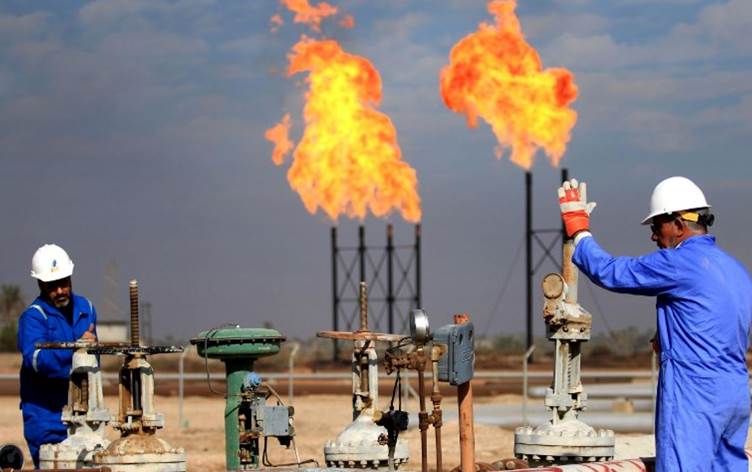The Iraq gas sector growth reflects steady progress and major expansion projects, said Shakir Laibi, Director of Production at the South Gas Company. He confirmed that Iraq currently exports around 4,000 tons of liquefied gas (LPG) daily. Additionally, the country produces 18,000–20,000 barrels of condensates each day. These figures mark a significant milestone for the nation’s energy industry.
Laibi emphasized that Iraq has become one of the region’s liquefied gas exporters. Moreover, he expects export quantities to rise as new projects come online. He added that this growth supports the government’s strategy to diversify energy exports. It also expands revenue sources.
In addition to exports, dry gas production primarily supplies electricity generation plants. Consequently, Iraq ensures a stable power supply while reducing reliance on imported fuels. Laibi highlighted the government’s focus on achieving energy independence through sustainable gas development. Several major projects are underway to help Iraq reach self-sufficiency in gas production in the coming years.
The Iraq gas sector growth also benefits from long-term energy reforms. These initiatives aim to maximize natural gas utilization and cut harmful flaring. Furthermore, the government seeks to position Iraq as a key energy exporter in the region. Laibi noted that these efforts strengthen national energy security. They also promote economic development.
Experts say the expanding gas sector will enhance Iraq’s role in the global energy market. In addition, local industries will benefit from a more reliable energy supply. By developing domestic gas resources, Iraq reduces fuel imports, cuts costs, and stabilizes electricity generation for citizens.
Looking ahead, officials are optimistic that ongoing projects will sustain the Iraq gas sector growth over the next decade. This trajectory aligns with government objectives to increase exports, achieve self-sufficiency, and modernize the energy sector. Coordination between public and private stakeholders remains central to these plans.
With strategic planning and investment, Iraq is positioning its gas sector as a cornerstone of national energy policy. Its expansion strengthens energy independence. It also boosts economic resilience and regional influence.



